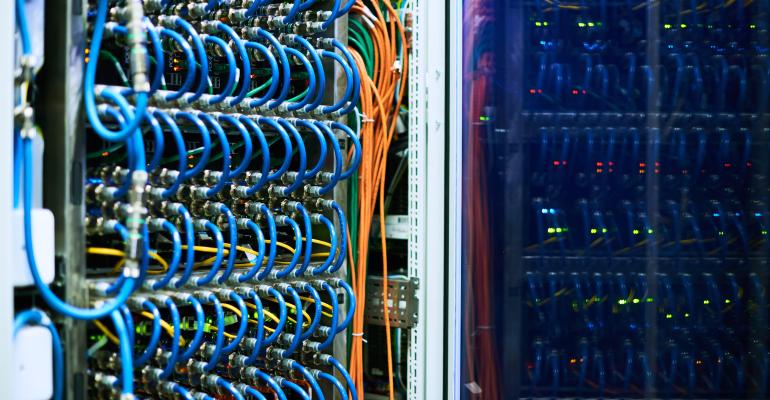At first glance, the AI boom might seem like a huge boon for the data center industry. The more companies invest in AI, the more data center capacity they'll require, right?
Well, not necessarily. Although AI is certainly likely to drive more than a little demand for data centers, I tend to think that AI's impact on the industry will ultimately prove limited. Here's why.
How AI Affects Data Centers
The argument for why AI will increase demand for data centers is simple enough: Building and deploying AI workloads requires significant IT infrastructure – including, in many cases, specialized infrastructure, such as servers equipped with GPUs. Data centers are the obvious place to host that infrastructure because they provide not just space to host servers, but also the physical security controls, efficient energy systems, cooling solutions and other resources that businesses need to protect their investment in AI infrastructure.
So, as more companies seek to build or deploy AI models, they'll turn to data centers to host the servers they need to achieve their goals – or so popular wisdom tends to suggest.<
Will AI Really Transform Data Centers?
To be sure, it's very likely that a growing portion of the servers inside data centers in coming years will be devoted to AI workloads. In some cases, companies will even build new data centers dedicated solely to AI.
But on the whole, it's a stretch to argue that AI will completely upend the industry, or that AI workloads will overtake other types of applications (like web hosting) as a key use for data centers.
Here are four reasons why the AI boom will probably prove less impactful on data centers than it may seem.
1) AI Infrastructure Is Needed Temporarily
For one, many AI use cases don't require companies to own AI infrastructure on a permanent basis. If you need to train a model, you'll need massive amounts of compute power during training. But afterwards, you'll have no use for that server capacity until you train your next model.
For that reason, it makes more financial sense for most businesses with an interest in AI to use IaaS solutions to meet their AI infrastructure needs rather than purchasing their own servers and deploying them in data centers. Unlike other types of workloads, AI requires large-scale infrastructure on an intermittent basis.
2) Spare AI Infrastructure Is Already Abundantly Available
Purchasing AI infrastructure and data center space to host it is even harder to justify given that there's plenty of cheap infrastructure capacity already available from IaaS providers.
For example, spot VM instances, which are available at massive discounts compared to standard public cloud servers, are a great way to perform AI training. The main drawback of spot instances – the fact that the cloud provider can shut down instances with little warning, potentially disrupting any workloads hosted on them – isn't much of an issue for AI training because in many cases, training can be paused and resumed on a different instance.
In short, it's unlikely that businesses will expand their own data center footprints to support AI workloads when they could use super-cheap existing IaaS offerings for the same purpose.
3) Few Businesses Will Build Their Own AI Models
No matter which infrastructure you use, developing, training and deploying AI models from scratch is hard work – so hard that very few companies are likely to do it. Most will probably choose third-party AI services from companies like Microsoft or Google.
Those services are provided by vendors who build and train their own models, so customers that use the models have no need to acquire their own AI infrastructure.
4) The AI Boom Will Eventually Fade
Right now, generative AI is a hot topic, and the pressure is on for companies to invest in AI solutions. But five or ten years from now, most businesses' AI strategies will probably have matured, and they'll have moved onto new tech trends.
What this means for data centers is that any uptick in demand that results from AI will probably be mostly temporary – and that it would be unwise to expand data center capacity in a major way, only to discover that that capacity is no longer needed beyond the medium term.
Conclusion
The bottom line: Beyond companies that specialize in developing AI software, few businesses have a great reason to invest in data centers to support AI workloads. Expect the AI hype to drive some increase in data center capacity, especially over the next few years. But don't expect AI to produce a massive uptick in demand for data center space – because what already exists is likely to suffice for most companies.





